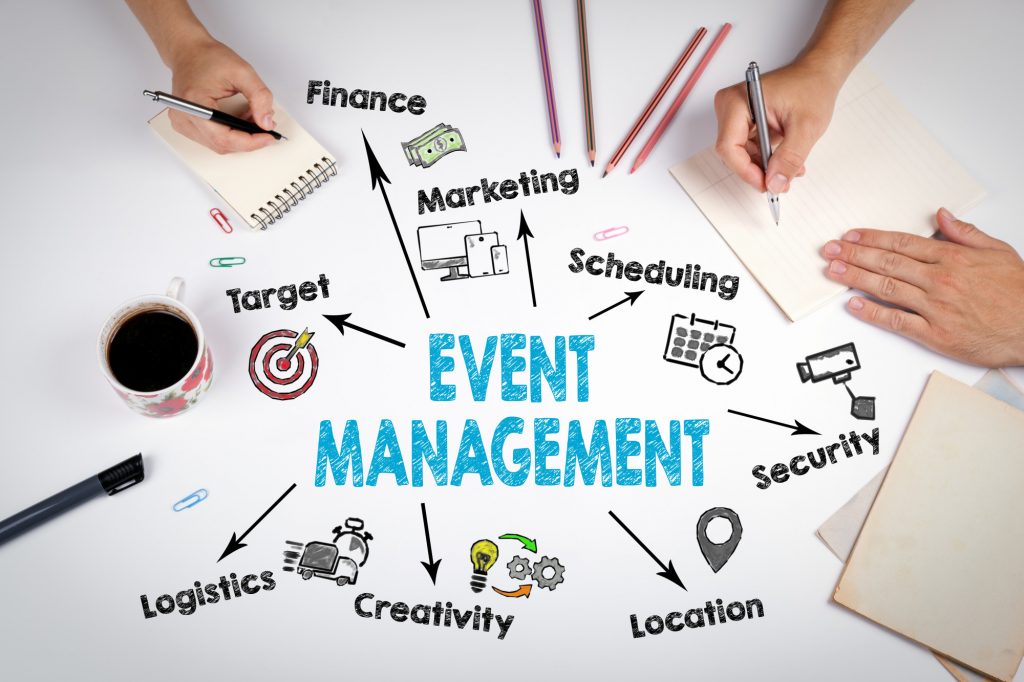
Planning a successful event—whether it’s a small theater performance or a large-scale conference—requires more than just booking a venue and sending out invitations. The key to a truly memorable experience lies in the details, the planning, and your ability to adapt.
In this article, we’ll explore actionable strategies to improve your event, increase engagement, and ensure long-term success.
1. Set Clear Event Goals and Objectives
Before diving into logistics, define your event goals and objectives. Are you aiming to educate, entertain, inspire, or generate leads? Your objectives will guide decisions related to:
- Event format and structure
- Speaker selection
- Marketing strategies
- Key performance indicators (KPIs)
Clear goals ensure every part of your event aligns with your overall mission.
2. Know and Understand Your Target Audience
Identifying and understanding your target audience is crucial to crafting a meaningful and engaging event experience. Consider their demographics, professional background, motivations for attending, and preferred content formats.
Use audience surveys, past event data, or tools like social media insights and Google Analytics to shape your planning decisions.
3. Choose the Right Venue for Your Event
Your venue plays a major role in the success of your event. Factors to consider include:
- Location and ease of access
- Accurate capacity (so you don’t oversell)
- Parking and transportation options
- Amenities like AV equipment, seating arrangements, and Wi-Fi
Whenever possible, visit the venue ahead of time to confirm it meets your standards.
4. Leverage Technology to Enhance the Experience
Invest in the right tools to create a tech-forward, memorable experience. Options include:
- Mobile event apps for real-time updates and networking
- Virtual or augmented reality experiences
- Live polling and interactive displays
- Drone footage for promotional use
- Streamlined online check-in and ticket scanning
Technology doesn’t just improve logistics—it elevates the attendee experience and helps you collect valuable data.
5. Deliver Engaging, High-Value Content
Compelling content is the backbone of any great event. Make sure your sessions, speakers, and materials are:
- Relevant and insightful for your audience
- Delivered in dynamic, engaging formats
- Designed to encourage participation and discussion
Incorporating workshops, breakout sessions, panels, or live Q&As can boost interaction and learning.
6. Create Intentional Networking Opportunities
Attendees often seek to make meaningful connections. You can support networking by offering:
- Designated networking sessions or lounges
- Icebreaker activities and speed networking
- In-app messaging features (for virtual or hybrid events)
- Post-event social gatherings
Great networking not only adds value but also increases retention for future events.
7. Evaluate Feedback and Improve for Next Time
After the event, gather feedback from attendees, staff, and partners to evaluate what worked and what didn’t. Consider:
- Sending out post-event surveys
- Monitoring social media mentions
- Hosting a team debrief session
- Offering attendees a discount on future events for completing surveys
Feedback is your roadmap to continuous improvement and greater success with every event you host.
Final Thoughts: Make Every Event Better Than the Last
Improving your event is an ongoing journey. By setting thoughtful goals, choosing the right venue, incorporating useful technology, delivering valuable content, and actively listening to feedback, you’ll create events that truly resonate with your audience.
As always if you are looking for a great event to attend you can purchase tickets HERE.
Other Articles








